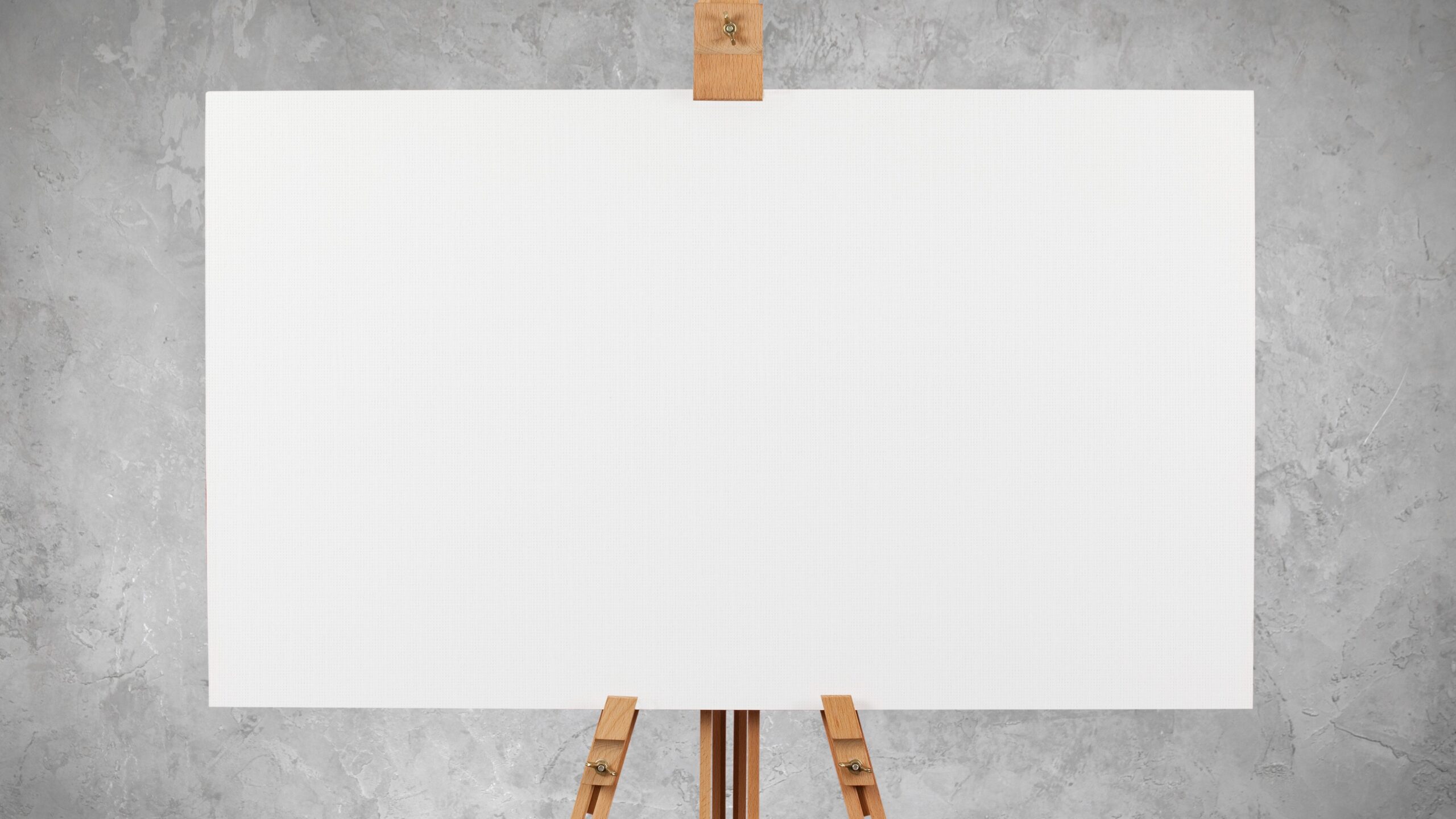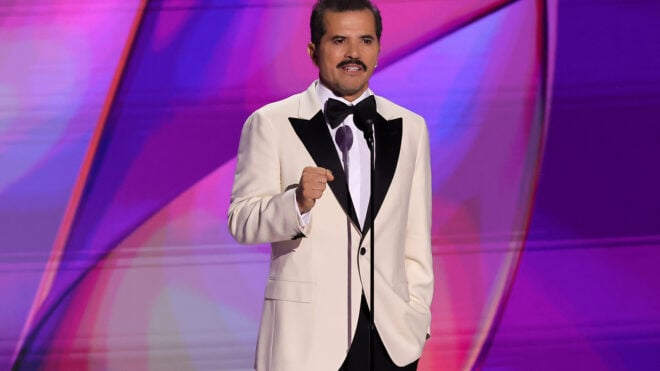
A Danish artist now has to repay a museum thousands of dollars after submitting blank canvases as commissioned artwork in 2021. The artist, Jens Haaning, was loaned 534,000 kroner (or $84,000) by the Kunsten Museum of Modern Art to recreate a 2007 sculpture, titled An Average Danish Annual Income, made up of banknotes, which was supposed to represent the salary using Danish krone bills that would be attached to a canvas. A 2010 version of the sculpture used euros to represent a typical Austrian income.
The museum had used money from its reserves to commission Haaning. But it wasn't until it received what was supposed to be the finished works that it realized the artist had sent two empty canvases.
The museum still displayed the pieces in the exhibition that they were intended to be a part of. The artist, however, refused to repay the borrowed money after the show was taken down, as his contract had said he would. So the museum decided to take legal action.
More from LittleThings: Museum Opens Up Forgotten 100-Year-Old Time Capsule From 1914
The legal battle was lengthy, but the court finally made a ruling on Monday. Hanning was ordered to refund the museum 492,549 kroner ($71,000).
This was the total of what he'd initially been given minus the artist’s fee and cost of mounting. Hanning has to repay the museum within two weeks.
The artist named the pieces Take the Money and Run. He says that he has no plans to appeal the court's decision.
“It has been good for my work, but it also puts me in an unmanageable situation where I don’t really know what to do,” Haaning said in reference to the ruling. “The work is that I have taken their money."
“It’s not theft. It is breach of contract, and breach of contract is part of the work.” Hanning also stated that the conceptual trick was a protest against the artist’s fee that the museum offered him. He said that it was insufficient and would require him to spend 25,000 kroner ($3,900) out of pocket.
“We are not a wealthy museum,” the museum director, Lasse Andersson, told The Guardian in 2021. “We have to think carefully about how we spend our funds, and we don’t spend more than we can afford.”




